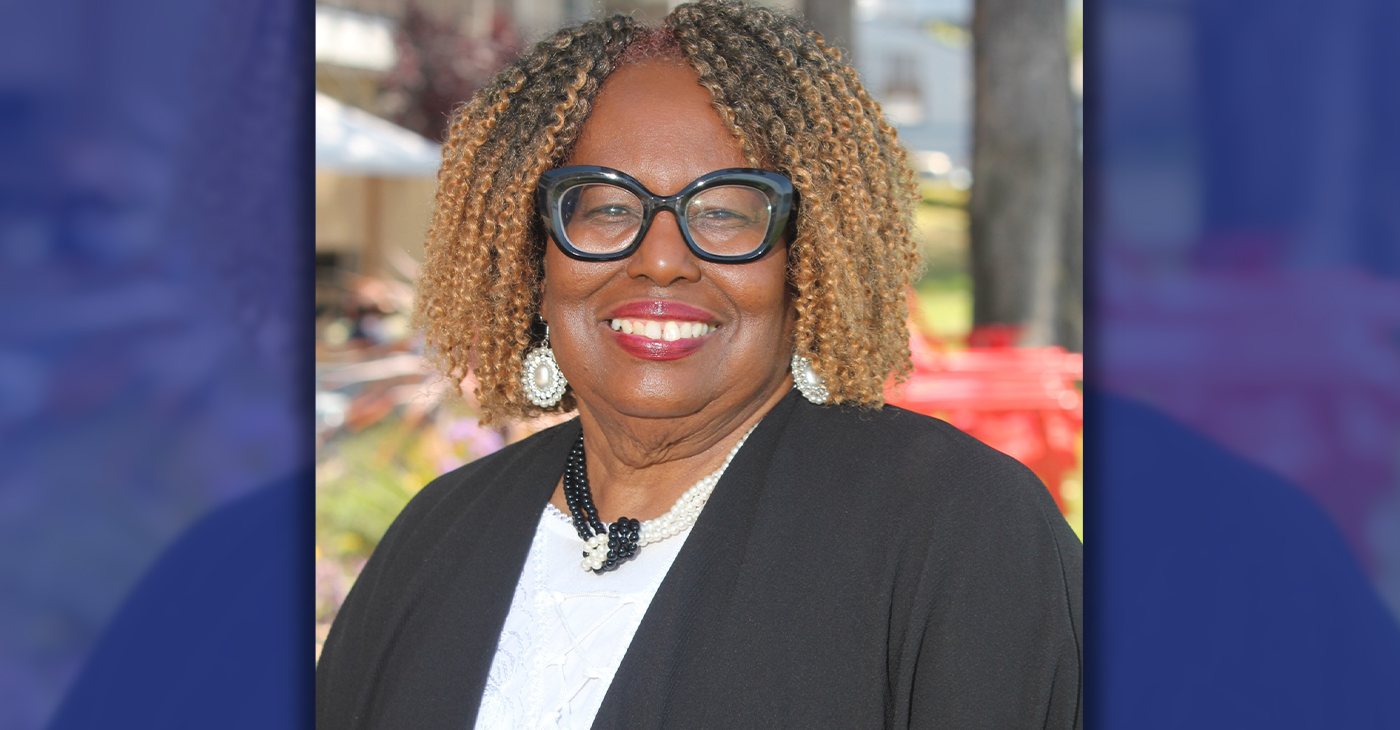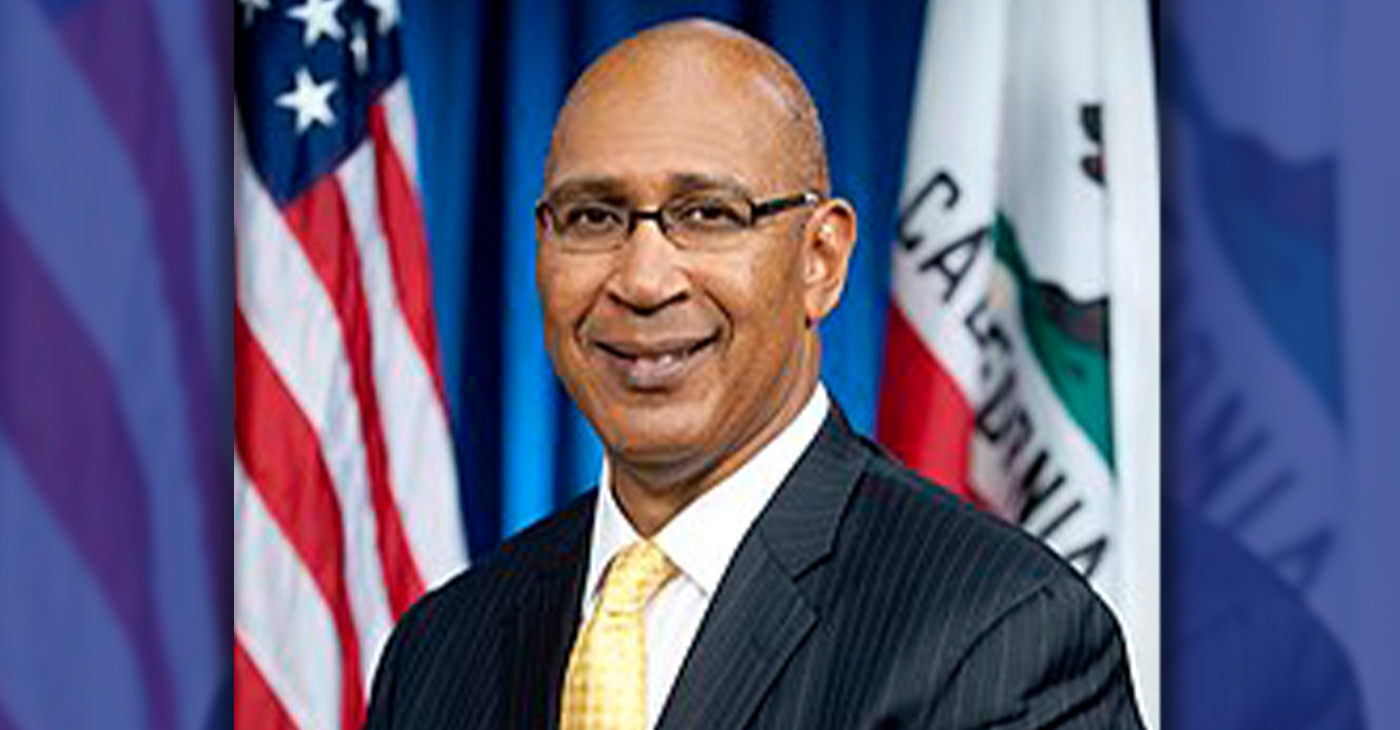Health
Medicaid Denies Nearly Half Of Requests for Hepatitis C Drugs: Study
By Michelle Andrews, Kaiser Health News
People with hepatitis C who sought prescriptions for highly effective but pricey new drugs were significantly more likely to get turned down if they had Medicaid coverage than if they were insured by Medicare or private commercial policies, a recent study found.
Researchers at the University of Pennsylvania Perelman School of Medicine analyzed the hepatitis C prescriptions from 2,342 patients in Maryland, Delaware, Pennsylvania and New Jersey that were submitted between November 2014 and April 2015 to a large specialty pharmacy that serves the region.
The drugs included Sovaldi, Harvoni and Viekira Pak, and others that are part of the treatment regimen. A 12-week course of treatment for one patient can reach more than $90,000.
The new drugs generally cure the disease in nine out of 10 cases, without the serious side effects that made many people forgo treatment in the past. But because of their hefty price tag, insurers often restrict access by limiting the availability to people whose livers show serious signs of damage, among other criteria.
Overall, insurers denied 16 percent of prescriptions for the drugs. (The figure incorporates the results of appeals that were filed after initial denials.) The proportion of Medicaid denials, however, was much higher: 46 percent.
In contrast, only 10 percent of patients with private insurance and 5 percent of Medicare patients were denied the drugs.
The results were presented this week at the 2015 meeting of the American Association for the Study of Liver Diseases.
“Our hypothesis was that Medicaid patients would be more likely to receive absolute denials,” says Dr. Vincent Lo Re III, an assistant professor of medicine and epidemiology at Penn, referring to denials that incorporated appeals. “But I was surprised by the magnitude.”
An estimated 2.7 million people in the United States are infected with hepatitis C, a viral liver infection that can lead to cirrhosis, or scarring, of the liver, liver cancer and death. The infection is often spread today by sharing needles to inject drugs, but many people have undetected disease because they were infected years ago through contact with infected blood before the virus was discovered or blood donations were screened for it.
A study published in August in the Annals of Internal Medicine examined Medicaid reimbursement criteria in 42 states for Sovaldi. It found that three quarters of those states limited access to people with advanced liver disease and half required people to be drug or alcohol-free for a period of time before Hepatitis C drug prescriptions could be filled.
For information contact Kaiser Health News at khn.org
Activism
Oakland NAACP President Stands on the Frontlines for Equity
With education as a cornerstone, Adams emphasized the importance of youth having access to quality kindergarten through 12th-grade education along with college or vocational programming beyond high school. “I feel that it’s so important for our children to get a good education in K-12th grade, along with the colleges of their choice, especially with the HBCU’s (Historically Black Colleges and Universities).”

By Carla Thomas
For Cynthia Adams, president of the Oakland chapter of the NAACP, fighting for the rights of Black people comes naturally. With southern roots in Arkansas, Adams experienced firsthand the injustice and unfairness of racism.
“Growing up in the Jim Crow South, I experienced the unfair treatment of people of color and how faith can inspire communities to bring about positive and long-lasting change,” said Adams. Adams says a combination of her family and faith has kept her strong in the face of adversity and inspired her life’s work of advocacy.
Adams chose education as a career path — and a means to achieve equity and overcome racism. She earned her bachelor’s degree at the University of Arkansas at Pine Bluff and later received an advanced degree from California State East Bay.
Adams’ experience as an Oakland Unified School District (OUSD) recorder, a counselor, a researcher, and a college recruiter has allowed her to be laser-focused on youth. She also served as the chairperson for the Oakland NAACP youth.
“The mission of the National Association for the Advancement of Colored People is to ensure the political, educational, social, and economic equality of rights of all persons and to eliminate race-based discrimination. We want to ensure our citizens have equal rights and opportunities without discrimination based on race.”
As a partner with the State of California’s Stop the Hate campaign, Adams says the initiative is a step in the right direction. “It’s great that our governor and state created the Stop the Hate campaign and provides resources for victims of racism and other hate crimes,” said Adams. “The racism toward Black people has increased and our children are being targeted,” she continued.
“We, at the Oakland branch, created a declaration on racism that will amplify the needs of our community to combat racism,” continued Adams. “That declaration was adopted nationally.”
Bridging communities and collaborating is also a strategy for moving society toward justice, according to Adams.
“Through the NAACP, we build connections between communities and advocate for the rights of historically marginalized and oppressed individuals,” said Adams. “Collective action is the only way to advance civil rights and promote social equity.”
With education as a cornerstone, Adams emphasized the importance of youth having access to quality kindergarten through 12th-grade education along with college or vocational programming beyond high school. “I feel that it’s so important for our children to get a good education in K-12th grade, along with the colleges of their choice, especially with the HBCU’s (Historically Black Colleges and Universities).”
By taking stands on supporting former Oakland Police Chief LeRonne Armstrong to supporting the recall of a mayor faced with a scandal that brought negative national press to the city of Oakland, Adams has always demanded more for her people, and better for Oakland, the city she calls home.
She expressed pride in the national organization’s announcement of a $200 million fund designed to empower Black funders nationwide. “We all know the health of a community begins with economics,” said Adams.
Adams says that strengthening Black businesses automatically sustains a community. “We’ve also got to educate our community on opportunities and teach our children critical thinking so that they can provide the next generation of solutions for society,” said Adams.
Activism
January Is Mental Wellness Month
Mental illness affects people differently. Children ages 6-17 are three times more likely to repeat a grade if they have mental, emotional, developmental, or behavioral problems. Those with severe mental illness have a life span of 10 to 25 years shorter than the general population. 64% of jail inmates have a mental illness compared to 21.6% of the general adult population.

By Scott Knight
January is a time to recharge and recover from the holidays. It is also National Mental Wellness Month, which recognizes the importance of mental health and aims to reduce the stigma associated with mental illness.
According to the National Institutes of Health, 57.8 million adults lived with some form of mental illness in 2023. The severity varies from person to person. Understanding mental health statistics in the U.S. can raise awareness and garner support for those in need.
Anxiety disorders are the most common form of mental illness and women are more likely than men to experience depression. 17% of adolescents ages 12-17 experienced a major depressive episode. And 33.5% of adults with living with a mental illness also has a substance use disorder.
The Substance Abuse and Mental Health Services Administration (SAMHSA) collects data on substance use and mental health. Their 2023 National Survey on Drug Use and Health reported that multiracial people had the highest rate of mental illness at 36.7%, followed by Whites (24%), American Indian/Alaskan natives (23.5%), Hispanics (20.6%), Blacks (19.4%), and Asians (18.1%).
Mental illness affects people differently. Children ages 6-17 are three times more likely to repeat a grade if they have mental, emotional, developmental, or behavioral problems. Those with severe mental illness have a life span of 10 to 25 years shorter than the general population. 64% of jail inmates have a mental illness compared to 21.6% of the general adult population.
National Mental Wellness Month involves highlighting the resources available to equip individuals with the capacity to cope with life’s difficulties; have healthy relationships and take care of their mental well-being before issues arise.
Wellbeingtrust.org tells us that having a purpose in life offers many benefits, including being happier, living longer, sleeping better, and improved heart health. To find that purpose explore your interests, volunteer, consider what you love to do, talk to friends and family, and try new experiences.
The National Alliance on Mental Illness reports that 46% of people who die by suicide had a known mental illness.
The Jason Foundation is a valuable resource if you feel that a friend or loved one is struggling with a mental illness. JFI is dedicated to the awareness and prevention of suicide through educational programs that equip youth, parents, educators, and the community with the tools and resources to identify and assist those who may be struggling mentally.
Visit www.jasonfoundation.com to learn how to make a difference and find the closest Jason Foundation Affiliate Office.
About the Author
Scott Knight is the Education Specialist at the Jason Foundation.
Activism
2024 in Review: 7 Questions for Former Assemblymember Chris Holden
While in office, Holden championed efforts to improve education outcomes for students and advocated for social and racial justice. Legislation he wrote or sponsored also focused on, innovation in transportation, protecting developmental disability service providers and improving public health, more broadly.

By Edward Henderson, California Black Media
In 2012, Assemblymember Chris Holden was first elected to the California State Assembly representing the 41st District in the San Gabriel Valley.
He was re-elected to that position for the following four terms.
While in office, Holden championed efforts to improve education outcomes for students and advocated for social and racial justice. Legislation he wrote or sponsored also focused on, innovation in transportation, protecting developmental disability service providers and improving public health, more broadly.
Holden, a graduate of San Diego State University, lives in Pasadena with his wife, Melanie, and children Nicholas, Alexander, Austin, Mariah and Noah. Holden is the son of former State Senator and LA City Councilmember Nate Holden.
Before he closed out his final year of service in the Assembly, California Black Media (CBM) spoke with Holden. He reflected on his accomplishments this year and his goals moving forward.
Looking back at 2024, what stands out to you as your most important achievement and why?
A project I’ve been working on for well over 36 years — the light rail system — made its way into Pasadena from downtown LA. Now it’s making its way through the San Gabriel Valley to Pomona.
How did your leadership and investments contribute to improving the lives of Black Californians?
Having an opportunity to represent a multi-ethnic and diverse district is exciting, but to be able to bring a voice for a lived African American experience from the San Gabriel Valley is very important.
What frustrated you the most over the last year?
I still am frustrated that we aren’t seeing the kind of progress on affordable housing to allow underrepresented communities to be able to afford to live in the community that they grew up in.
What inspired you the most over the last year?
There has been a lot of movement around reparations through community engagement. Dr. Shirley Weber put forth the bill to establish a reparations task force and that task force met for a number of years. Two members of our caucus served on it, Sen. Steven Bradford and Assemblymember Reggie Jones-Sawyer. A thousand-page report and a hundred recommendations or more came out of that. And now we’re in the process of finding ways to implement some of those recommendations. It’s going to be a longer process, but I’m hopeful because California, once again, is on the front end of taking on a really challenging issue.
What is one lesson you learned in 2024 that will inform your decision-making next year?
Always be mindful how quickly the winds can change. We’ve gone from 10 years of having budget surpluses to this year having a $45 billion deficit.
In one word, what is the biggest challenge Black Californians face?
Inequality.
What is the goal you want to achieve most in 2025?
Well, I won’t be in the legislature in 2025, but I love public policy. I’d like to find myself in a position where I’m continuing to have an influence on how public policy is shaped and formed. I’m just looking forward to being a vital voice going into next year in a different role. It will also be an opportunity to lay a foundation to take another run, possibly for a seat on the LA County Board of Supervisors in 2028.
-

 Activism2 weeks ago
Activism2 weeks agoBooks for Ghana
-

 Activism4 weeks ago
Activism4 weeks agoPost News Group to Host Second Town Hall on Racism, Hate Crimes
-

 Arts and Culture3 weeks ago
Arts and Culture3 weeks agoPromise Marks Performs Songs of Etta James in One-Woman Show, “A Sunday Kind of Love” at the Black Repertory Theater in Berkeley
-

 Activism4 weeks ago
Activism4 weeks agoButler, Lee Celebrate Passage of Bill to Honor Congresswoman Shirley Chisholm with Congressional Gold Medal
-

 Activism3 weeks ago
Activism3 weeks ago‘Donald Trump Is Not a God:’ Rep. Bennie Thompson Blasts Trump’s Call to Jail Him
-

 Bay Area2 weeks ago
Bay Area2 weeks agoGlydways Breaking Ground on 14-Acre Demonstration Facility at Hilltop Mall
-

 Activism4 weeks ago
Activism4 weeks agoDelta Sigma Theta Alumnae Chapters Host World AIDS Day Event
-

 Business4 weeks ago
Business4 weeks agoLandlords Are Using AI to Raise Rents — And California Cities Are Leading the Pushback









































